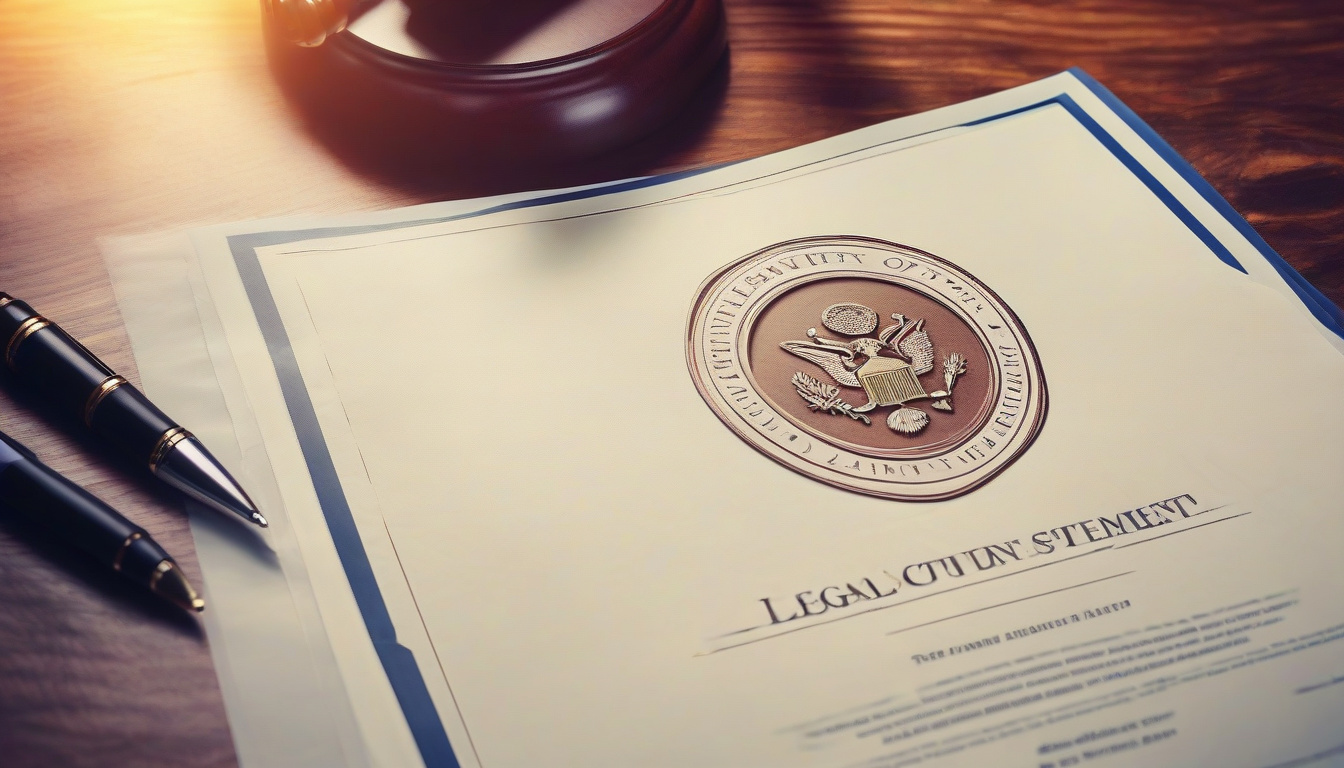Ensuring your wishes are respected and your loved ones are cared for after you pass is critical in estate planning. One key part is estate funding. Estate funding means you set aside money to pay debts, clear taxes, and share assets as you wish. In this article, we review estate funding steps to help you secure cash for your legacy. This work makes wealth transfer smoother and eases stress for your heirs.
What is Estate Funding and Why is it Important?
Estate funding means you plan to have enough cash for estate taxes, debt, fees, and other costs when a person dies. Without funding, your heirs may have to sell assets quickly or borrow money. This loss can shrink the inheritance they get.
Funding your estate well helps by:
- Cutting estate taxes and debts from eating your assets.
- Letting your beneficiaries get their share without delays.
- Providing cash for admin fees and probate costs.
By focusing on estate funding, you build a cash plan that supports your asset plans and helps secure your family’s future.
Common Estate Funding Challenges
Many people do not see all the costs in settling an estate. They face these challenges:
- Estate Taxes: Federal and state taxes can cut your legacy if left unplanned.
- Probate Expenses: Probate can be slow and cost too much without smart planning.
- Liquidity Shortages: When most assets are hard to sell, like real estate or business interests, you may struggle to pay expenses right away.
- Debt and Creditors: Money owed in loans or credit cards must be paid from the estate, lowering inheritances.
Seeing these challenges early lets you plan for funding gaps.
Top Estate Funding Strategies to Secure Your Legacy
There are many ways to fund your estate. The best path depends on your money situation, your assets, and your goals. Here are some strong estate funding ideas:
1. Life Insurance Policies
Life insurance is a common tool for estate funding. The death benefit offers cash fast to pay estate taxes, clear debts, and cover other costs without forcing you to sell assets.
- Advantages: Fast cash; tax-free benefits; flexible options for coverage.
- Considerations: Watch for premium costs and choose between term and permanent insurance.
2. Setting Up a Revocable Living Trust with Funding
A revocable living trust can help you avoid probate and offer quick access to funds. It works best when you move your assets (cash, investments, or property) into it while you are alive.
- Advantages: Skips probate; runs your assets smartly.
- Considerations: Needs active management and clear asset transfers.
3. Gifting During Lifetime
Gifting means you give assets to your beneficiaries while you live. This step lowers the taxable estate.
- Advantages: Lowers estate taxes; offers benefits to heirs sooner.
- Considerations: You lose control of gifted assets; IRS limits how much you can gift.
4. Establishing Trusts for Specific Purposes
Special trusts like an irrevocable life insurance trust (ILIT) or a charitable remainder trust can help fund your estate and bring tax benefits.
- Advantages: May reduce taxes and control how assets are shared.
- Considerations: Irrevocable trusts remove assets from your direct control.
5. Utilizing Retirement Accounts Wisely
Use beneficiary designations on retirement accounts and consider ideas like stretch IRAs or charitable beneficiaries to aid in estate funding.
- Advantages: Grows tax-deferred; direct transfer to a beneficiary.
- Considerations: Watch for tax effects on heirs.
6. Building Liquid Asset Reserves
Keep some assets in cash or other liquid forms to pay immediate expenses after death.
- Advantages: Cash is available right away.
- Considerations: May slow overall investment growth.
A strong estate funding plan is vital to avoid delays and preserve your legacy for future generations, ensuring your wishes are carried out smoothly and your heirs are supported financially.

A Practical Estate Funding Checklist
Check that your estate funding plan is complete and sound by doing the following:
- Inventory Your Assets and Debts: List what you own and what you owe.
- Estimate Estate Taxes and Costs: Use online tools or talk to experts.
- Evaluate Your Liquidity Needs: Know how much cash you will require immediately.
- Consider Life Insurance Coverage: Decide if life insurance fits your funding plan.
- Review and Fund Your Trusts: Make sure your assets are properly moved.
- Make Lifetime Gifts if Appropriate: Give gifts to lower your taxable estate.
- Name Beneficiaries on Accounts: Keep your designations updated.
- Consult an Estate Planning Attorney or Financial Advisor: Get advice tailored to your needs.
Frequently Asked Questions About Estate Funding
1. What is the best way to fund an estate?
The best way depends on your financial state. Often, a mix of life insurance, trusts, and liquid assets (cash or investments) covers taxes and fees without forcing a sale of assets.
2. Can life insurance proceeds be used for estate funding?
Yes. Life insurance is a key tool. Its tax-free death benefit gives cash to pay estate taxes, clear debts, and support heirs, keeping the estate liquid.
3. How does gifting impact estate funding?
Gifting assets while alive lowers your taxable estate and might reduce taxes. Keep in mind that gifted assets no longer add to the estate’s cash reserve.
Expert Insight
Experts, such as those at the American Bar Association, say that planning estate funding as part of your overall strategy is key. It helps you avoid forced asset sales and eases burdens on your heirs. Early and clear planning guards your legacy.
Final Thoughts: Take Action to Secure Your Legacy
A strong estate funding plan makes your estate plan work. It preserves your legacy and respects your wishes. By using tools like life insurance, trusts, gifting, and keeping enough cash available, you tackle funding issues before they grow.
If you have not yet set up your estate funding plan, act now. Speak with an estate planning attorney or a financial advisor to build a funding plan that protects your assets and provides peace of mind for your loved ones.
Secure your legacy today—start planning estate funding and protect your family’s financial future.
Author: Doyle Weaver, Attorney at Law
Home | Estate Planning | Personal Injury | Hill Country Lawyer | Terms of Service | Privacy Policy
© 2025 Digital Law Firm, P.C.
Disclaimer: The content provided in this blog is for educational and informational purposes only. It is not intended to constitute legal advice or establish an attorney-client relationship. The information presented does not address individual circumstances and should not be relied upon as a substitute for professional legal counsel. Always consult a qualified attorney for advice regarding your specific legal situation. The author and publisher are not liable for any actions taken based on the content of this blog.


















